Quit Pushing Through Fatigue. Rest instead.
Skipping lunch, eating from our desk, and ignoring fatigue can negatively impact how we think (and perform) at work. So says Daniel H. Pink in his 2018 bestseller: “When: The Scientific Secrets of Perfect Timing.” In this follow-up blog, we examine ways to become sharper (and clearer) in how we communicate and perform at work by embracing the ebbs and flows of our energy.
Avoid the trough
In the chapter: Afternoons and Coffee Spoons, Pink reminds us: We all hit a trough in our day and mostly within the afternoon. While most of us push through, When cautions us doing so. Consider the studies that show us in afternoons, we see:
Decrease in hand hygiene within hospitals leading to costly, but unnecessary infections
More mistakes with administering anesthesia and less effective efforts to detect polyps
A more hard-line attitude among judges and their decisions
Socially, across all ages, the afternoon trough also impacts how we behave and perform because we become discombobulated from the fatigue. In afternoons, we see:
Peaks in sleep-related vehicle accidents between 2 p.m. – 4 p.m. (with the other peak becoming 2 a.m. and 6 a.m.)
Lower exam performances among students, even children
Embrace a nap (or restorative break)
How to circumnavigate the inevitable trough? Few of us have the luxury of an established nap station at work. (Others, like me, don’t know how to nap.) But here’s what Pink has to say about naps becoming the antidote for the poisonous trough.
Start small. Frequent short breaks throughout the day, including the afternoon, boost productivity. A productivity-tracking software DeskTime found the highest performers work 52 minutes and break for 17.
Get moving—and in nature preferably. One study showed five minutes of walking each hour boosted energy, sharpened focus, and improved mood—all key for effective presenting (and writing). Also, nature, especially getting close to rivers, streams, or plants restores us best. If you can’t escape the office, look out a window at nature for some release.
Take social vs. solo breaks. South Korean research shows that talking with coworkers (or a pal) on something non-work related reduces stress more than answering email or snacking.
Eat lunch—and not a sad desk lunch—for recovery. We hear breakfast becomes the most important meal; however, Pink argues lunch becomes even more vital to help restore our waning energy. And avoid tech to fully detach psychologically and physically.
Compress the nap time
We’ve shared some healthy and feasible options of how to restore without napping. Should you find a way to nap before hitting your trough, here’s what Pink and the experts say works best to avoid sleep inertia.
Keep the nap at 20 minutes or less. Longer naps can interrupt your sleep pattern and have you in an irksome fog. Try napping before 4 p.m. for the same reasons.
Consider a small coffee before the nap. Caffeine takes 20-minutes to enter your system, at which point, you’re coming out of your nap and will feel sharper.
Know that naps help us perform better while boosting mental and physical health. Studies show: napping boost our immune system and can reduce blood pressure.
After absorbing the wisdom from “When,” I’m no longer eating lunch at my desk. I’m moving around each hour and I’m taking longer (more frequent) breaks knowing I’m a better communicator as a result.
More blogs live here.
